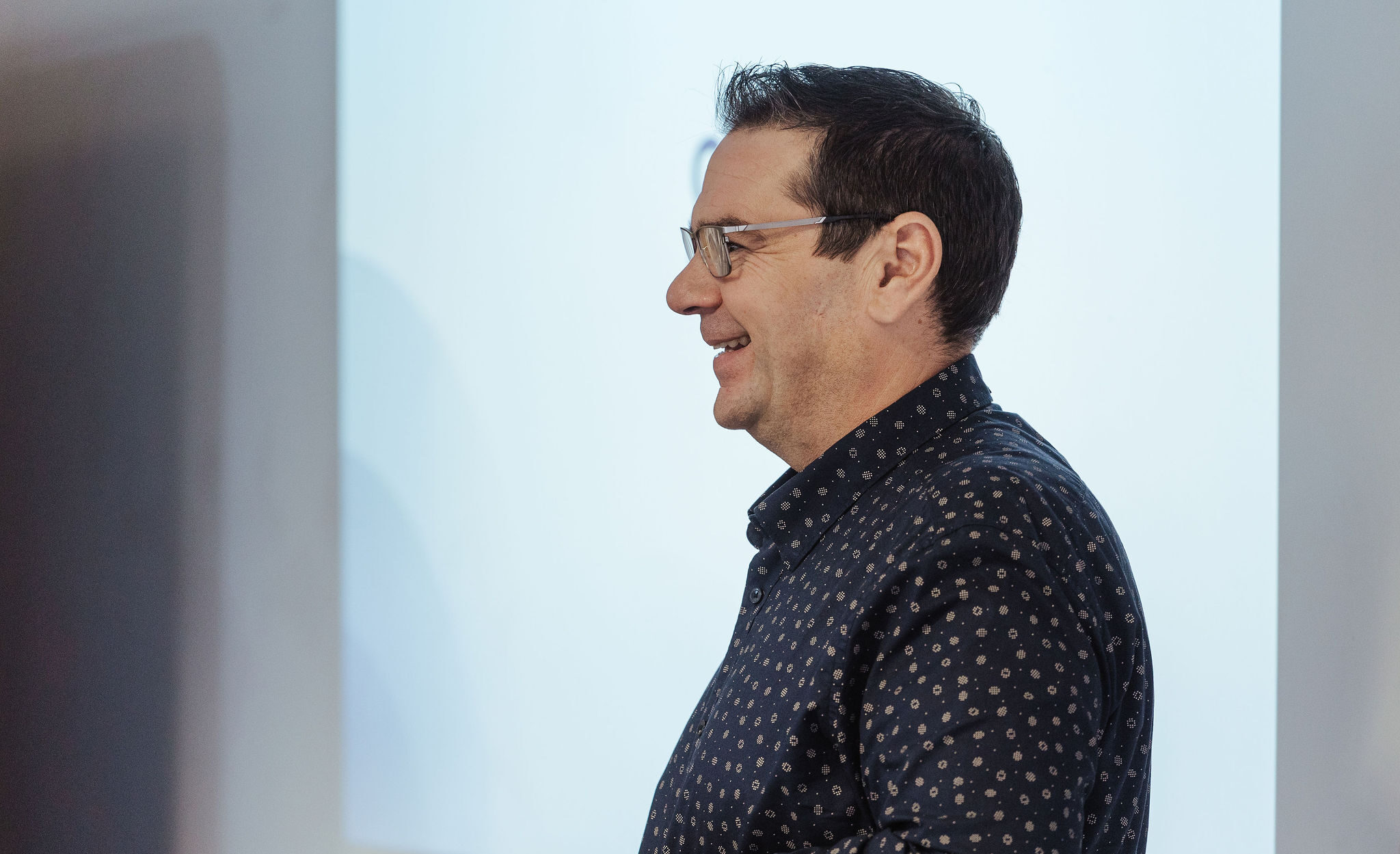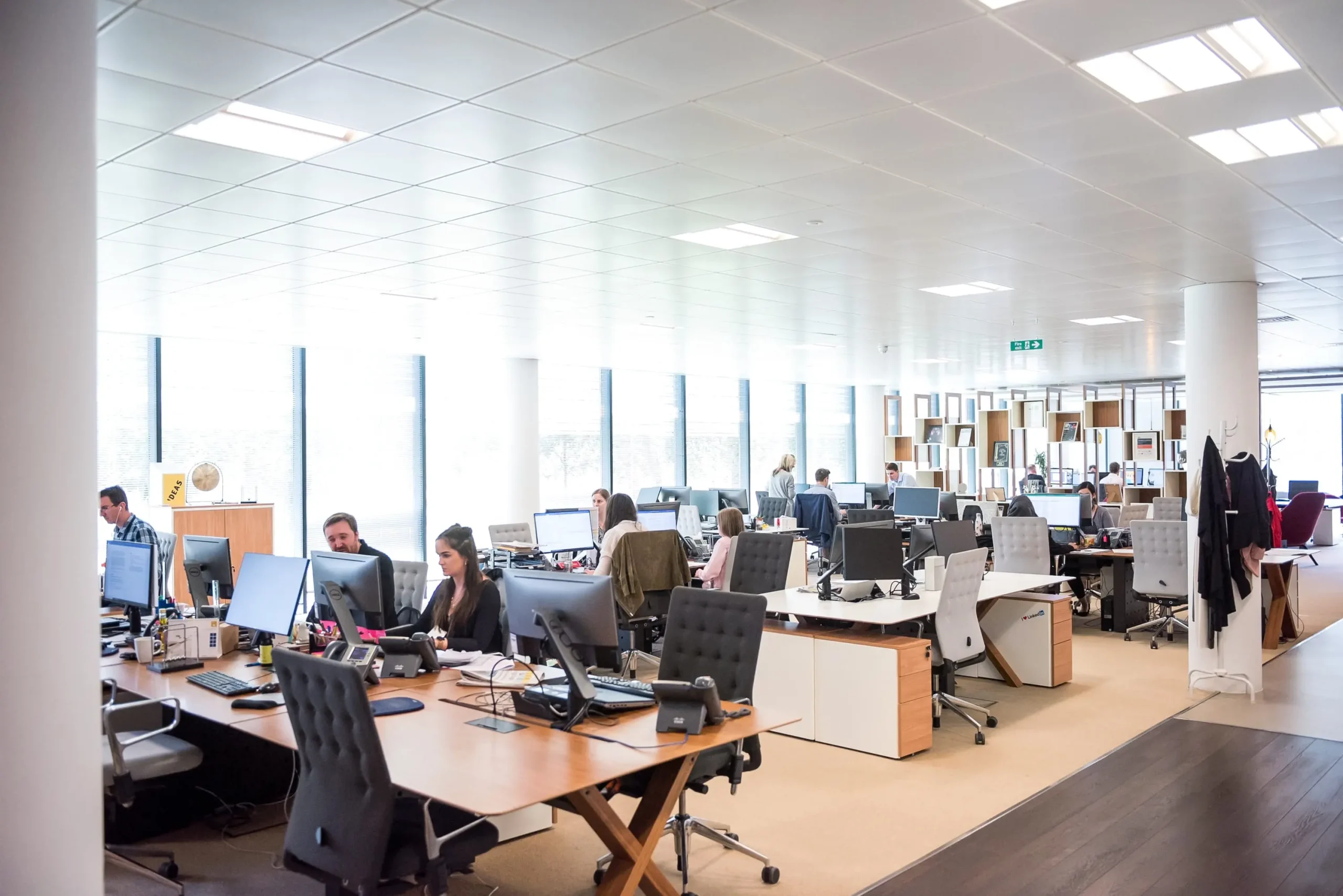As we continue our move to a more hybrid way of working, it has become clear to me that homeworking was not just a 2020 phenomenon, but has become a permanent fixture.
I assisted many clients to move their staff from offices to bedroom and kitchens and have built them a reliant and resilient system which works. So, everybody happy?
No.
Firstly, what was seen as a quick fix has now become a major and permanent move of our workforce environment. In last year’s Iod Survey of 1000 company directors, 74% said they would be keeping homeworking after the pandemic is over and half would reduce their work-places long term!
This is different. Very different.
Let’s pause and think about people.
Agents, the human resource that is the heart of the Contact Centre, have had to make an enormous adjustment and I don’t believe that this has been easy or beneficial for them.
A person’s home circumstances; physical, financial and emotional, are not always suited to being a working environment. A lack of space…of peace and quiet….and the inability to “leave work” at the end of the day, can wear a person down.
What really worries me is that we have been at this since March, and it now looks like it will be a permanent fixture for many.
But stop and think for a moment. Do we truly know when a person is struggling, especially when we cannot see or hear the physical and verbal clues that would tell us a person needs help? These people are vulnerable.
Picture a catch-up call with a manager. “How are you doing?”. “Fine.” It’s a knee jerk response and can cover some real struggles that may spill into the job.
I want to offer a solution that is not intrusive, is not “big brother” and comes as part of a Quality Management system for your operation – speech analytics for homeworking agents!
What can we do?
- Run speech analytics over all calls to turn 1% of quality assured calls into 100% of contacts risk assessed for agent stress using these models
- Flag calls with high propensity for agent stress to Team Leaders for targeted interventions
- Flag agents with high volume of high stress propensity calls to managers for awareness and intervention.
I am happy to talk this through with anyone. It will be a managed and communicated process to ensure all staff are on-board with the new system. Discussion of its application may even bring some problems to the fore.
But for today, I hope you don’t see this as a sales pitch, but an offer of help that will not just benefit your business and brand, but crucially, help people who may be in need.






